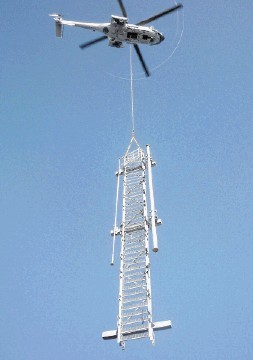
Fairfield Energy says it is on track to boost production from its Dunlin field to around 10,000 barrels of oil per day by the end of this year and then to sustain that level for some time ahead. This compares with some 5,000bpd prior to the $100million (£70million) upgrade programme initiated after Dunlin changed hands.
The Dunlin upgrade is designed to keep production going until 2020 and is part of a wider UK Continental Shelf investment programme by Fairfield.
Key to the improved output are a new fuel gas import system and modified water injection system. And, for the first time since early 2000, the operator will be able to use its own independent power generation system to achieve significantly higher and sustained water injection performance.
Since Fairfield took control of the so-called Dunlin cluster in 2008, the operator has been focused on revitalising the former Shell asset to increase production from this mature asset, which was producing around 8,000bpd in total prior to the sale.
The Dunlin field came on production in August 1978 and reached a plateau of approximately 120,000 barrels of oil per day. A total of around 100 production and injection wells have been drilled from the Dunlin Platform.
Fairfield’s brownfield programme has involved platform and subsea well work, significant asset integrity and fabric maintenance activity and recently the acquisition of a new 3D seismic survey over the field.
The results from the survey will help support a near field exploration programme which could result in additional tie-backs to the platform, which is one of the reasons why Fairfield bought the asset.
Ian Sharp, Chief Operating Officer at Fairfield Energy told Energy: “The completion of the fuel gas import project is a major step forward for Dunlin and will significantly boost production rates. Continuing material integrity enhancements will support the extended life of the field.
“Our focus is on delivering safe, reliable and predictable operations and we are succeeding in regenerating production from revitalising an ageing asset. We aim to continue building our well-established portfolio, thereby both deepening and broadening the company.”
Dunlin straddles blocks 211/23a and 211/24a. Block 211/23a was awarded to Shell and Exxon in 1972, and 211/24a was awarded to a ConocoPhillips-led consortium in 1970.
The core field was discovered by Shell with well 211/23a-1 in July 1973, its eastward extension into 211/24 being confirmed by Conoco late in 1973. Production started in August 1978.
Current stakeholders comprise Fairfield (70%) and Mitsubishi (30%).